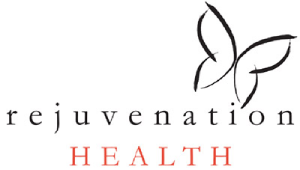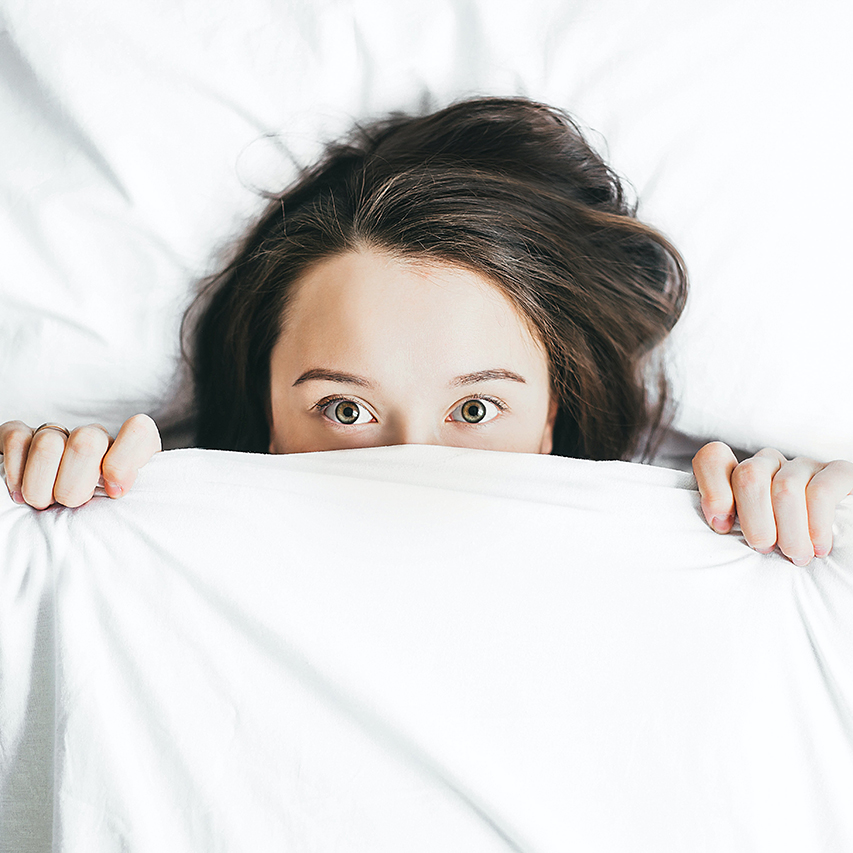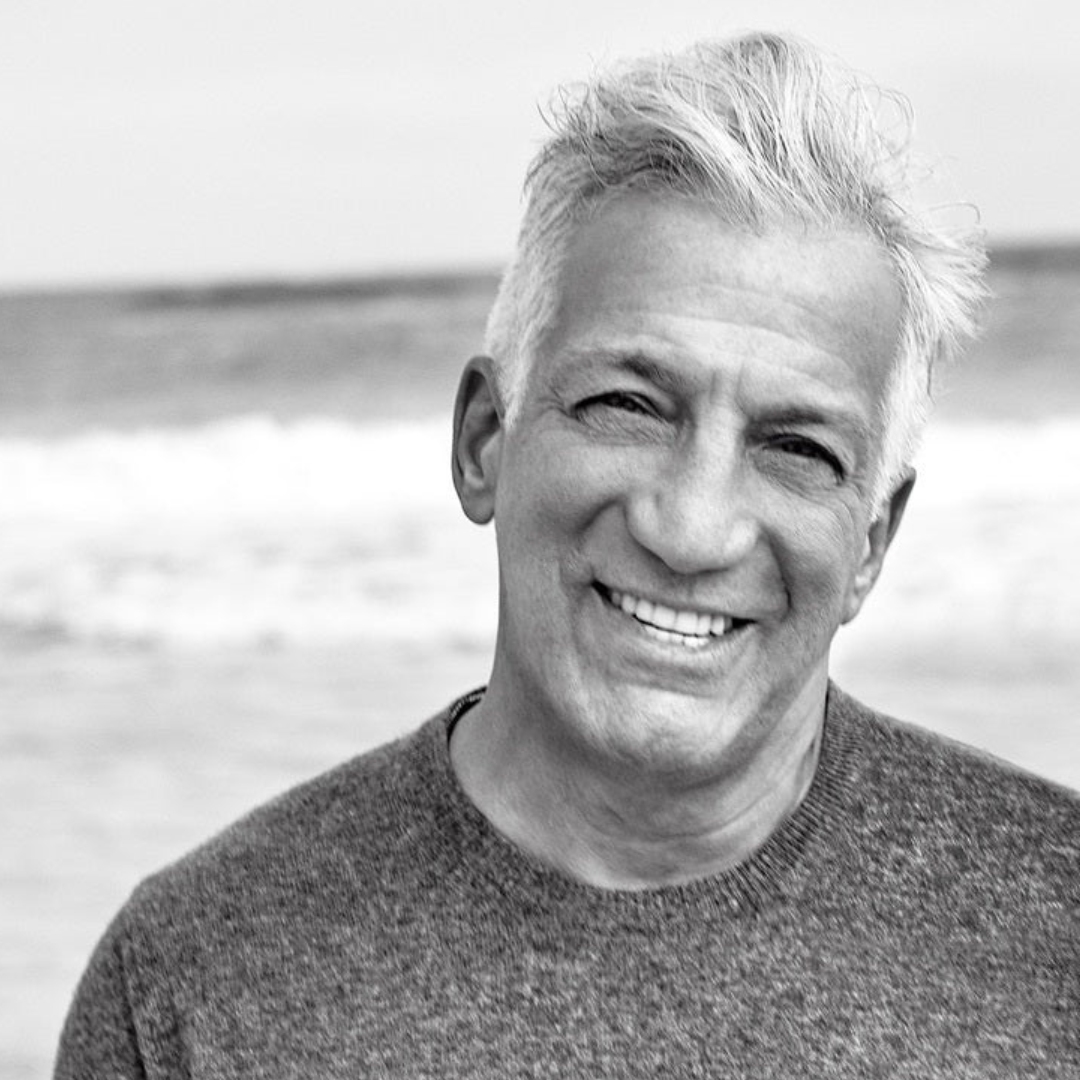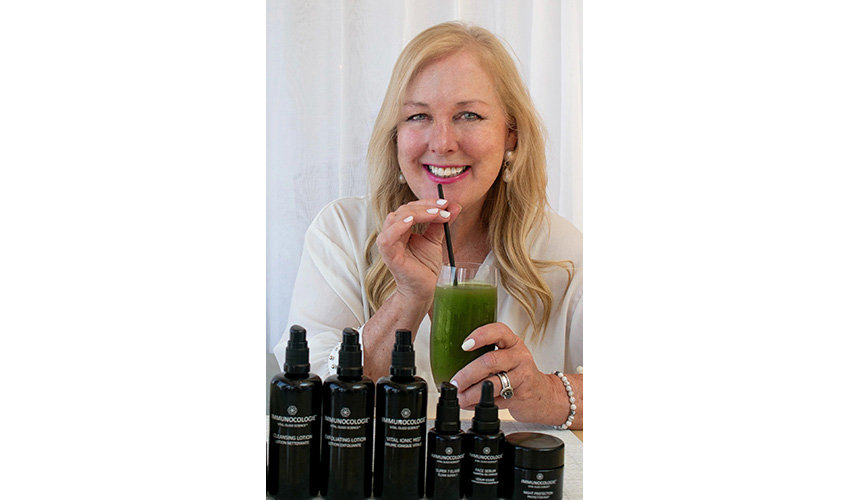If you know that you need a dental appointment but are overcome with fear at the thought, you may have dentophobia.
What is dentophobia? Also called odontophobia, dentophobia is an extreme, involuntary fear of dentists. This may include fear of dental procedures, instruments, or the dental clinic environment.
The dread experienced by people with dental phobias surpasses mild apprehension or anxiety. It can reach a level of terror that inhibits you from entering the dentist’s office or scheduling an appointment.
At Rejuvenation Dentistry, we want you to know that you’re not alone and shouldn’t be embarrassed if you have a dental phobia. While many phobias are deemed irrational fears, it’s normal to be afraid of the dentist. We understand that even a routine dental checkup can be a scary experience if you have odontophobia, and we don’t want to discount your feelings.
Our holistic dental practice cares about the well-being of every patient — physical and mental. We want to equip you with the knowledge to understand and overcome dental fear to get the treatment you need for proper oral health.
Dentophobia vs. Dental Anxiety
Although many people use the terms “fear” and “anxiety” interchangeably, it’s important to understand the differences between them.
Dental anxiety is a broad term. It refers to any sense of trepidation or distress you may feel toward dental situations, items, practitioners, or locations. This covers a broad spectrum, as dental anxiety may manifest in mild unease or a more overwhelming sensation like debilitating terror.
On the most extreme end of the anxiety spectrum is dental phobia, which is less common but far more acute. Although many people feel mild anxiety in dental-related situations, only some experience it intensely and persistently enough for the fear to be deemed a phobia.
To distinguish between mild and severe cases, authorities in epidemiology and clinical research have used the Corah Dental Anxiety Scale (CDAS) for over a half-century. Many experts today prefer the Modified Dental Anxiety Scale (MDAS) to pinpoint the degree of intensity.
Is dentophobia a real phobia? Yes, dentophobia is widely acknowledged as a real fear by the scientific community. Leading publications like the Journal of Oral & Public Health contain many articles on the fear of the dentist, from causes to treatments. Like any phobia, dentophobia is a kind of anxiety disorder, so you should take it seriously.
Types of Dentophobia
Dentophobia covers a variety of other fears that can be related to and triggered by a visit to the dentist’s office. If you have a fear of the dentist, likely one of these other concerns is connected.
Common concerns surrounding going to the dentist include:
- Invasive, intimidating presence of the doctor or hygienist
- Potential side effects of tools or chemicals, such as possible injury
- Pain or discomfort from drilling or scraping during dental work
- Embarrassment due to the unhealthy condition of one’s teeth, gums, or oral cavity
- Invasion of privacy or loss of control while seated in the dentist’s chair
Dentophobia can be linked to other, more widespread phobias like:
- Trypanophobia: Fear of needles is the most common reason people fear clinical visits
- Iatrophobia: Fear of doctors or medical situations
- Algophobia: Fear of pain
- Aphenphosmphobia: Fear of being touched
- Claustrophobia: Fear of confined spaces or feeling crowded
Dentophobia Signs & Symptoms
You may be uncertain if you have dentophobia because dental anxiety and a true phobia can manifest similarly. To determine this, compare your feelings with the signs and symptoms of odontophobia.
What are the symptoms of dentophobia? The most common signs that you have a fear of the dentist include:
- A panic attack at the thought of going to the dentist’s office
- Refusal to seek dental treatment for any reason, even if it’s an emergency like cavitations or rotten teeth
- Increased nervousness as your appointment nears — to the point that it affects your daily life
- Nightmares or trouble sleeping because your mind fixates on everything that could go wrong during your visit
- Crying, hyperventilating, increased heart rate, or dizziness before your visit, and if that intensifies in the waiting room or dentist’s chair
- An intense gagging reaction or vomiting when someone interacts with your mouth
If you experience any of these feelings, that’s a solid indication that you have a severe fear of dentists.
Dentophobia Causes
What are the causes of dentophobia? Fear of the dentist typically stems from:
- A past negative experience
- Learned beliefs or experiences of a friend or family member
- Brain functions triggered by the smells, sounds, or sights of a dentist’s office
If you’ve experienced trauma in a clinical setting, your body can develop phobias like the fear of doctors as a defense against future trauma. The results in an intense, uncontrollable reaction of alarm that flares up independent of conscious choice or rationale.
Examples of traumatic experiences that may have caused your fear of dentists are:
- Interactions with a practitioner or dental hygienist who seemed intimidating or unsympathetic
- Excessive pain from a dental procedure like a root canal (either during or afterward)
- Intense emotion from the loss of control during a procedure
- Embarrassment from poor oral health
- Trauma to the mouth independent of the dentist’s office
- Unconnected post-traumatic stress disorder or trust issues
Your dental health is important and should not be neglected, even if you are scared to go to the dentist. There are many benefits of going to the dentist regularly, such as
- Keeping your teeth and gums clean
- Promoting your oral health
- Identifying early signs of tooth decay, gum disease, or oral cancer
- Assessing the condition of any tooth fillings or caps
If you are scared to go to the dentist but need treatment, talk with a professional about possible solutions. Take action to preserve your mouth’s oral health before it develops into something serious.
Overcoming Dentophobia
You don’t have to let your fear of dentists prevent you from getting the oral care you need for a beautiful smile and dazzling teeth. If you’re scared to go to the dentist, there are various treatments for dentophobia.
Start by informing your dentist of your phobia so they can make accommodations. Simply starting with an honest conversation is the best way to begin overcoming your fear of dentists,
How do I get over my fear of dentists? Overcoming fear of dentists takes time, patience, and persistence; you can’t unravel a phobia overnight. Here are some other things you can do to curb your dental fear:
- Cognitive behavioral therapy, or psychotherapy with a mental health professional
- Coping techniques like deep breathing, meditation, or hypnosis
- Relaxation practices like progressive muscle relaxation
- Mild remedies like CBD oil
- Laughing gas while in-office
- Pharmacological interventions like sedation or general anesthesia
- Prescribed anti-anxiety medications to treat panic disorders
- Stress-relief props like a weighted blanket, personal keepsake, or familiar music
- Regular moderate or intense aerobic exercise (this has been shown to reduce disorder-specific phobias)
- Proper oral hygiene practices, such as flossing, brushing, and whitening your teeth
You can heal from past trauma caused by bad experiences and begin making dental visits again. Take charge of your oral health so you don’t get caught in the vicious cycle of dental fear and avoidance.
We’re Here to Help Ease Your Dental Fear
If you feel apprehension over dental procedures, you don’t have to be ashamed. Many people feel panic at the thought of visiting a dentist’s office. In fact, around 15% of people are affected by dentophobia, even exceeding the prevalence of spider phobias or height phobias in a 2009 survey. And far more people experience some level of dental anxiety.
Rejuvenation Dentistry is here to help. Our biological dentistry practice in New York works with many anxious patients who need special accommodations to ease their worries. We strive to help you overcome your extreme fear so you can receive the dental care you need.
Our philosophy on dental care recognizes the crucial connection between your oral and mental health and the condition of the rest of your body. Contact us to schedule an appointment at our Manhattan or East Hampton office.




